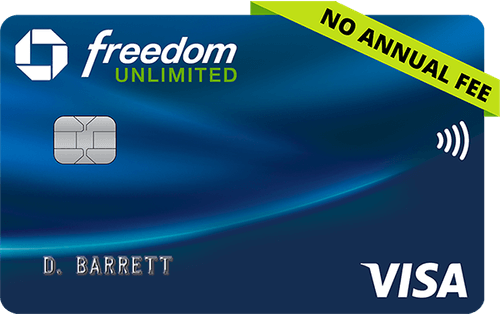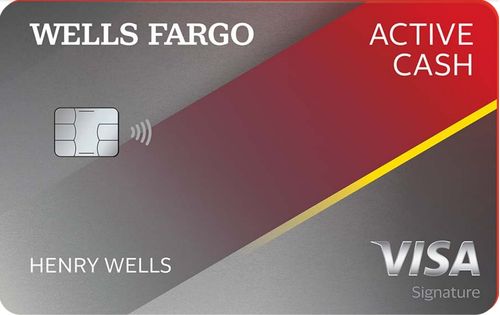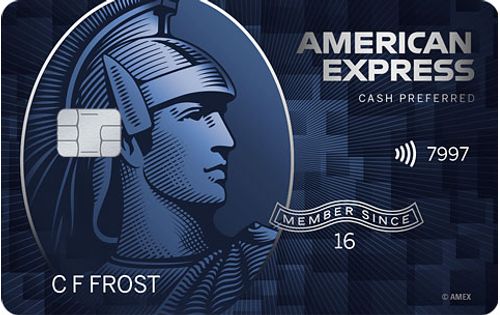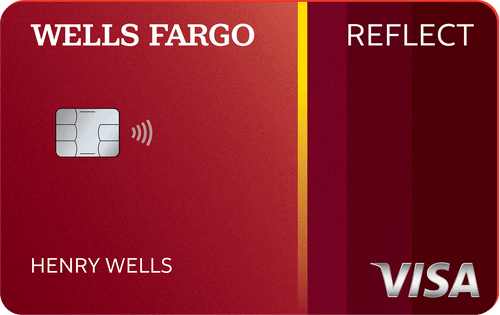Adam McCann, Financial Writer
@adam_mcan
There are several situations when you should cancel a credit card, such as when you have an unused card with an annual fee or you have too many cards to handle. The best time to cancel a credit card account is when you won’t need the best possible credit score for anything important in the coming months. You can learn more about when it makes sense to close a credit card account below.
When to Cancel a Credit Card
1. When a Card You Don’t Use Has an Annual Fee.
Paying annual fees for an unused product doesn’t make much sense. If you’re paying for a card you no longer use, first call the issuer to see if they’ll waive the fee. This works more often than you might think. If asking for a fee waiver doesn’t work, you may want to close the account, assuming you won’t need the highest credit score possible in the next 6-12 months. Sometimes, it’s better to just bite the bullet, especially since there are many ways that you can improve your credit standing to compensate.
2. When You Simply Have Too Many Cards.
With new promotional offers cropping up on a regular basis, it can be tempting to open a new credit card every so often. At the same time, you don’t want to end up with a million different cards, along with all the mail, due dates, and fraud concerns that could come along with them. The best way to keep your credit card arsenal manageable is to close the newest cards you no longer use.
3. If You’re Not Planning a Big Loan.
When you apply for a mortgage, car loan, or other big loan, you want your credit score to be as high as possible to have the best shot at approval and low rates. Therefore, it’s not a good idea to close a credit card right before applying for a loan. It can hurt your credit score and thus reduce your chances of approval or cost you money with a higher interest rate.
4. During Divorce Proceedings.
Figuring out what to do with a shared credit card account when a relationship comes to an end can be difficult. Closing the account in question tends to be the answer if the couple applied for it together, as opposed to one person making the other an authorized user.
When there’s an authorized user, either person can simply remove the authorized user from the account, and the main accountholder can keep using his or her card. Continuing to use a joint account, on the other hand, will only lead to arguments over who owes what. That could easily result in missed payments and credit score damage.
5. As Part of a Debt Settlement or Debt Management Agreement.
It’s common for credit card companies to reduce a credit card’s spending limit, or to revoke purchasing privileges altogether, when the accountholder has not paid the bill in a long time. Many issuers also make closing the account a condition of debt settlement or debt management agreements. In this case, the decision to close the account is out of your hands.
6. If You’re a Victim of Fraud.
There’s a technical difference between canceling a credit card and closing a credit card account entirely. Those terms are typically used interchangeably, but you can actually cancel a card without completely shutting down your account.
Say you lose your card or someone gets ahold of your account information and begins racking up charges. Your credit card company could simply cancel the affected card and issue a replacement with a new number, expiration date, and CVV code. Doing so will not affect how the account is listed on your credit reports, which means you won’t lose any credit history as a result.

People also ask
Did we answer your question?
Important Disclosures
Ad Disclosure: Certain offers that appear on this site originate from paying advertisers. For full transparency, here is a list of our current advertisers.
Advertisers compensate WalletHub when you click on a link, or your application is approved, or your account is opened. Advertising impacts how and where offers appear on this site (including, for example, the order in which they appear and their prevalence). At WalletHub we try to present a wide array of offers, but our offers do not represent all financial services companies or products.
Advertising enables WalletHub to provide you proprietary tools, services, and content at no charge. Advertising does not impact WalletHub's editorial content including our best picks, reviews, ratings and opinions. Those are completely independent and not provided, commissioned, or endorsed by any company, as our editors follow a strict editorial policy.



